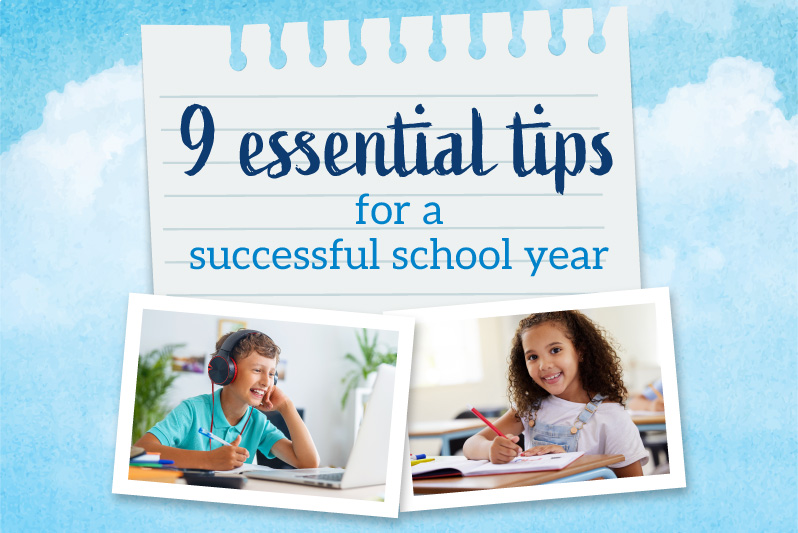Developing Early Literacy Skills: A Parent’s Guide to Supporting Young Readers
Developing early literacy skills lays the foundation for confident learning, curiosity, and long-term academic success. From listening and speaking to recognizing sounds, letters, and simple words, the early years are critical for building reading and comprehension skills. At Lindamood-Bell, we focus on the foundational sensory-cognitive skills needed for learning and provide families and educators with…
How to Recognize Comprehension Weakness | Tips for Parents
Students with decoding issues, including dyslexia, can be easy to spot. They often miscall words (e.g., breakfast as “basket”); their oral reading is slow and “choppy;” and, spelling is tough to master. It is important to identify these students who struggle, so they can get the help they need. Unfortunately, there are many…
The Benefits of Reading Every Day
The benefits of reading every day are numerous, impacting various aspects of life for individuals of all ages. Whether your student is immersed in fiction, non-fiction, or poetry, consistent reading enriches their learning experience. The more they read, the more they expand their vocabulary, sharpen their comprehension skills, and gain a deeper understanding of…
Tips for Students with ADHD
Attention Deficit Hyperactivity Disorder (ADHD) is a common neurodevelopmental disorder that affects many students, impacting their ability to focus, stay organized, and manage time effectively. However, it’s crucial to recognize that these attention deficits may not exist in isolation. Sometimes, students with ADHD may also face additional learning challenges. Many students with ADHD are…
Nine Essential Tips to Ensure Students Thrive
This School Year
The 2025-26 school year is just around the corner. It’s time to swap those beach towels for textbooks and get ready for new academic adventures. Whether you’re a student, parent, or teacher, setting the stage for a successful year involves a mix of preparation, goals, and a bit of humor. Here are some easy tips…
How to Handle a Bad Report Card
Receiving a bad report card can be a source of stress and worry for both students and their parents. This article will guide you through the steps to handle a bad report card effectively. From understanding the significance of a report card to working collaboratively with teachers and school staff, we will equip you…
Data-Driven Instruction: Everyday Tips for Teachers
At many schools, conversations about data-driven instruction are focused on formal progress monitoring tools and the school’s data wall. While assessments are necessary, there is also valuable data to be found in the classroom everyday. Through formative assessment, teachers are gathering data during lessons and activities, while learning is taking place. They can use the…
Tips: The Imagery-Language Connection for Writing
Book reports, essays, and even short responses, can cause frustration, panic, and, sometimes, even tears for many school age students. And it’s no wonder. Writing is a complex task that requires a lot: good thinking skills, organization, spelling, grammar and punctuation, as well as ease with a pencil, or keyboard. Writing can be particularly…
Planning Ahead: Prepare Your Child for a Successful Year
For many students, a new school year comes with the promise of a fresh start. They eagerly fill their backpacks with sharpened pencils and notebooks for each subject. But for students who struggle in school, their bags quickly get weighed down with anxiety, stress, and waning self-confidence as the long year looms on the horizon….
Back-to-School Tips: Imagine Better Mornings
Perhaps your kids just spent the summer at camp. Or they spent long hours in the pool or at the beach. Maybe lazy days were spent reconnecting with friends and family. Regardless, the back-to-school transition may be a big change for your family. Why not take this opportunity to establish new habits that contribute to…











